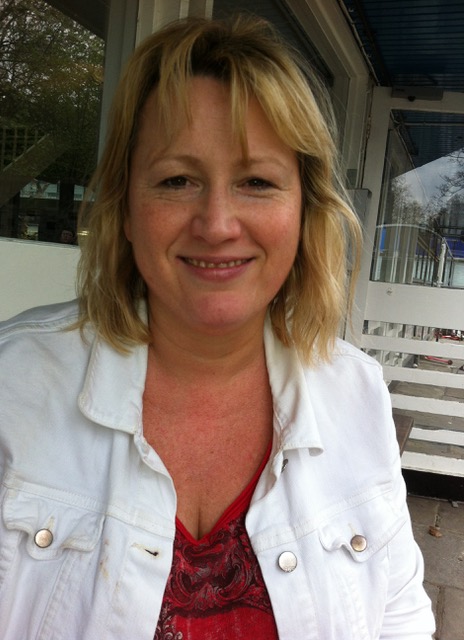
Last night I sat and watched ‘Parasite’ again. Yes, the same Korean film that won the Oscar this year and what a fitting winner it was too. The first time I’d seen this movie on a plane headed to India, and been shaken to the core by it. This multi-genre marvel with themes that intersected and overlapped, left me awed by its sheer complexity, by how black humour segued seamlessly into social commentary and the inevitable tragedy at the end. How, at the very heart of it and despite all indications to the contrary, Bong Joon-ho’s film was about hope. Hope itself being a double-edged sword with its capacity to wound and destroy.
Before you proceed any further, please be warned that this blog post contains many spoilers. So, if you haven’t seen the film yet and don’t want any details revealed in advance, go ahead and surf away.
As a writer, I am an avid consumer of content from various media. It enriches and informs my own work in many many ways. However, a particular quirk of mine is the inability to shut off the analytical side of my brain which sifts through everything to understand themes and patterns, their usage towards building a story and achieving the desired climax. Bong’s extraordinary talent lies in the layering of multiple ideas with a single motif as the objective.
Layers of society are portrayed in the three families depicted in the film. The Parks are representative of the wealthy upper classes, living in airy open-space mansions with chauffeurs and housekeepers at their disposal, the ability to hire tutors or buy foreign goods and toys for their children and organise picnics and parties on a whim. They are the aspirational top tier of society. Nice and naive – both because of the advantages that wealth affords them.
The Kim family, on the other hand, live in a small semi-basement apartment typical of the poorer sections of the Korean suburbs. They drift from job to job, subsisting on minimum wage, eager to grasp at any opportunity that comes their way. It is no wonder then that they have no compunctions about worming their way into the employment of the Parks, using underhand means, replacing the previous employees through a combination of lies, fraud and deceit.
Bong’s treatment of the two families is even-handed. Each is a victim of their circumstances, each believes themselves to be functioning in exactly the way they should be given their station in life.
It’s when a third family is added to the mix that things begin to get muddier. If it is at all possible, there is a tier that lies even below that of the poverty inhabited by the Kims. It is that of the previous housekeeper Moon-gwang’s husband, Geun-sae, who has lived in an underground bunker beneath the Parks’ house, not having seen sunlight in four years.
When the bottom two tiers clash, there is no honour amongst thieves. Each is capable and more than willing to destroy the other in a race for survival, while the top tier remains oblivious to the internecine wars beneath them. This fundamental disconnect is once again underlined in the conversation that Mrs Park has with a friend inviting her over for an impromptu party on their lawns, commenting on how lush and green it is after a night of unprecedented rainfall that (unknown to her) has flooded the Kims’ semi-basement with sewage, making it completely uninhabitable.
The differences are little and large, setting each group apart from the other. From housing to food to body odour, each signifies a societal placement several rungs afar. Can these distances be traversed? Can the scholar’s rock presented to the Kim family bring them the wealth it promises?
Hope drives the film to its conclusion, even as tragedy unfolds on the lawns of the beautiful Parks’ home. In an unexpected twist, Mr Kim drives a knife into Mr Park, a knee-jerk reaction to the lack of respect that has underscored every perfectly civil interaction of theirs. A fundamental disrespect for those that lie below, even while they serve, accommodate and aim to please. Mr Kim’s escape into the bunker previously inhabited by Geun-sae is his falling even deeper into the squalor and ignominy that he has tried so hard to climb out of. His son, Ki-woo’s dreams of being wealthy enough to someday buy the same house and rescue his father from its depths, are a painful reminder that while hope can fuel a fantasy, the daily grind of poverty will irrevocably douse those flames.
The ultimate question is: who is the parasite? Geun-sae who survives on the food secreted to him by his housekeeper wife, the Kim family who aspire to a larger share of the proverbial pie, or the Parks who cannot live without the labours of those who wait upon them?
In the end, we are all parasites in one way or another. But hope is the largest parasite of all, for it feeds upon so much, offering so little in return.
Watch this wonderful film, if you haven’t already! If you have, let me know what you thought in the comments below.



